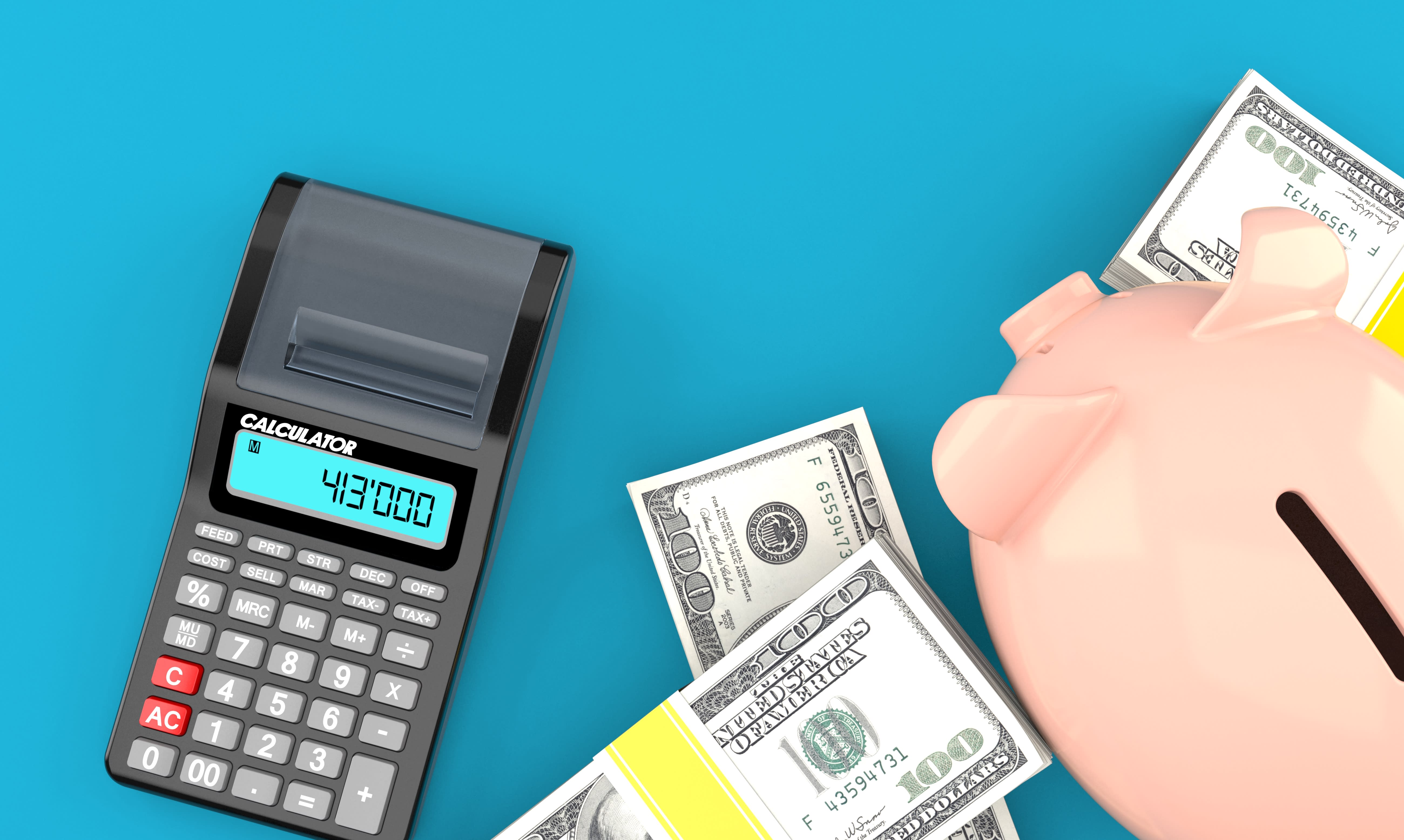Talaj | iStock | Getty Images
With jobs to hold down, children to care for, friendships to maintain, food to be bought and cooked, dishes to be washed and laundry to be done, it can be a challenge to keep up with all the details of your personal finances.
In passing, you may wonder: How many more months until my car loan is paid off? Or, before bed, you may get a jolt of anxiety about whether you’ll ever be able to retire.
If you’re like many Americans, your relationship with money could use some more time and attention. There’s a lot on the line.
For example, more than 1 in 4 people in this country don’t know the interest rate on their mortgage, according to a recent survey by Bankrate.com.
More from Invest in You:
Do you spend instead of save? Here’s why – and how you can change it
For the LGBTQ community, family brings extra benefits and costs
Pandemic is worse than 2008 crisis for a majority of Americans, study says
“It may have been a couple of years since you took the loan and, since you don’t deal with it day in and day out, that’s a detail that slips the mind for many,” said Greg McBride, chief financial analyst at Bankrate.com. (To learn your rate, simply check your monthly account statement or call the company you send your payments to every month, McBride said.)
Not knowing what you’re paying can cost you.
For example, some people will be able to save money by lowering their mortgage rate through refinancing.(Rates have dipped to record lows during the pandemic.)
You typically need a high credit score to snag the best rate, and some of the costs associated with refinancing — including the application fee, title fee, title search, title insurance and appraisal fee — may make the deal less attractive.
Still, if can get your rate down, you stand to save a lot.
McBride provided an example: If refinancing slashed your interest rate to 3% from 4% on a $200,000, 30-year fixed mortgage, you’d save more than $110 a month and nearly $41,000 over the life of the loan.
But if you don’t know your current mortgage rate, it’s harder to understand this option.
Overall, many people aren’t aware of all their financial choices.
One survey found that two-thirds of Americans are in the dark about what a 529 college savings plan is.
In these state-run investment accounts, you can salt away money that has already been taxed and later use those funds for your child’s higher education expenses. The savings grow tax-free and your withdrawals are protected from income or capital gains taxes, so long as they’re used on qualifying expenses.
When you have a new baby, nobody tells you that you need to save for college.
Mark Kantrowitz
higher-education expert
The lack of awareness about these plans is not parents’ fault, said higher-education expert Mark Kantrowitz.
“When you have a new baby, nobody tells you that you need to save for college,” Kantrowitz said. “Not the obstetrician, not the maternity ward nurses, not the midwives, not the kindergarten teachers, nobody.”
But there’s no question that those who do know fare better: If parents start putting away money in a 529 plan at their child’s birth, about a third of their savings goal will come from earnings on their investment alone.
And, like most things to do with money, the sooner you know, the better.
If a parent starts to save $500 a month at their child’s birth, they’ll have around $190,000 when that child reaches 18, assuming an annual return of 6%. But if they don’t start this routine until their son or daughter is 10, they’d have just around $60,000 when their child graduates high school.
Time is your greatest asset
The same logic holds true, of course, with saving for retirement — another area where people get intimidated and procrastinate. The average millennial doesn’t expect to start putting away money for their old age until their late 30s, one report found.
Such delays can be costly: If you save just $200 a month beginning at age 21, you’ll have $570,000 at 65, assuming an annual return of 6.5%. If you waited to start doing this until 37? Your nest egg shrivels to $180,000.
“Time is the greatest money-making asset an individual can possess,” said Ed Slott, a retirement savings expert.
That’s because of compound interest: The money you invest racks up interest, and that interest racks up interest, too. However, “people often are unfamiliar with the benefits of investing,” said Kimberly Palmer, personal finance expert at NerdWallet.com.
Many people are also in the dark when it comes to their credit cards: Fewer than half of people who carry a balance know their interest rate, according to a 2018 survey.
With the average annual interest rate at 16%, and the average U.S. household carrying $6,300 in credit card debt, people likely don’t realize how much of their paychecks are being sucked up by their previous purchases. (If you only made the minimum payments on a $6,300 balance each month, you can expect to be in debt for 17 years.)
Still, some people believe maintaining a balance helps their credit scores, said Ted Rossman, industry analyst at CreditCards.com.
“That’s a myth,” he said. “Carrying a balance does not help your credit score, it just costs you money in interest.”
A lack of personal finance education is to blame for all these misconceptions, said Sean Stein Smith, an assistant professor in the business and economics department at Lehman College in the Bronx, New York.
“The concepts of finance, including interest rates and compound interest, can sometimes be presented as ideas that are ambiguous, mysterious or beyond the understanding of non-experts,” Stein Smith said.
“This could not be further from the truth,” he added. “Personal financial decisions have large impacts on every other aspect of your life.”
